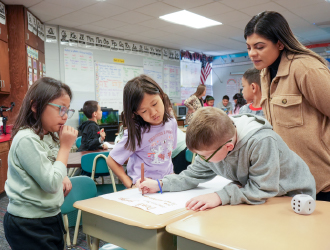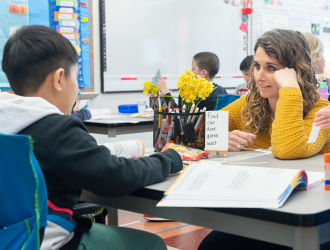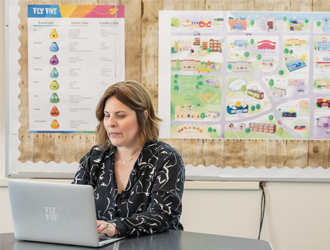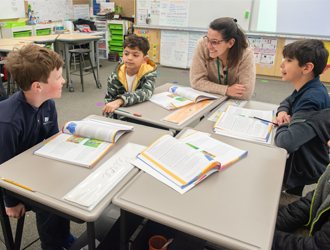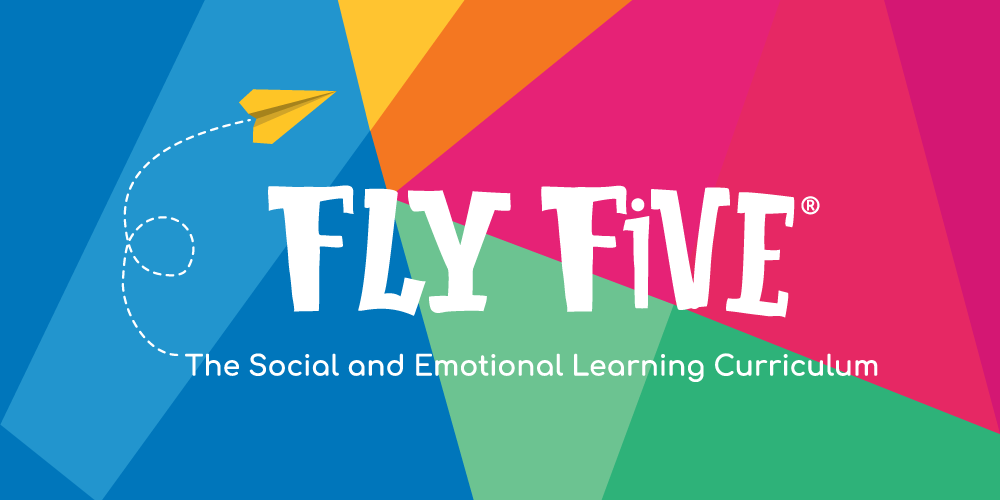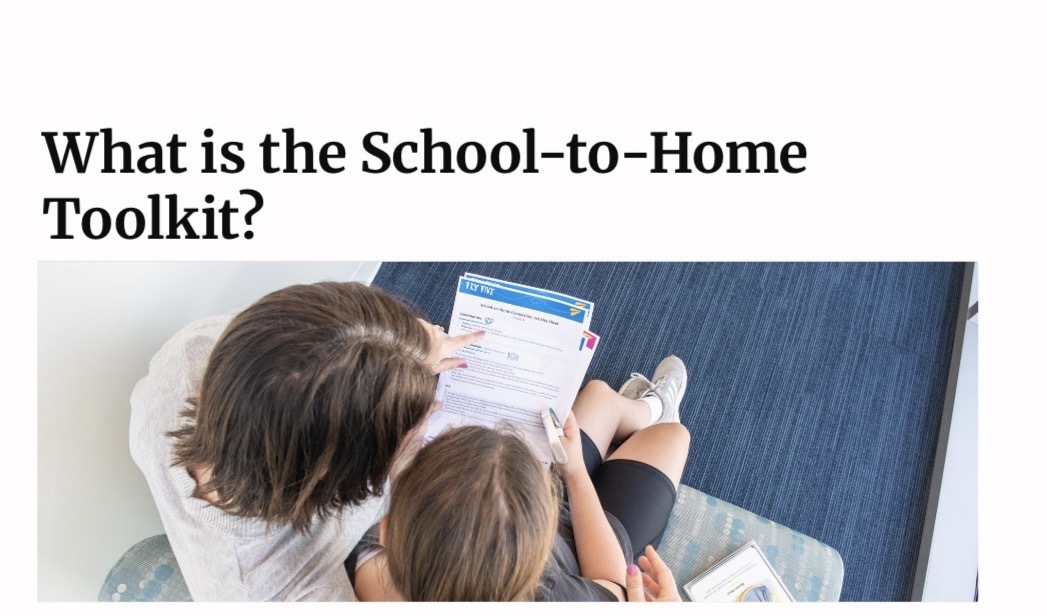Encouraging Parent Engagement
By incorporating fun, unique, and engaging activities into daily routines, families can promote social, emotional, and academic learning for their children that builds on what they explore in the classroom. Even with busy schedules, there are plenty of simple practices that families can make time to share together. In fact, many families probably already are incorporating social, emotional, and academic learning and don’t even realize it! When we take the time to show up and show children we care, we create space for them to learn, grow, and thrive.
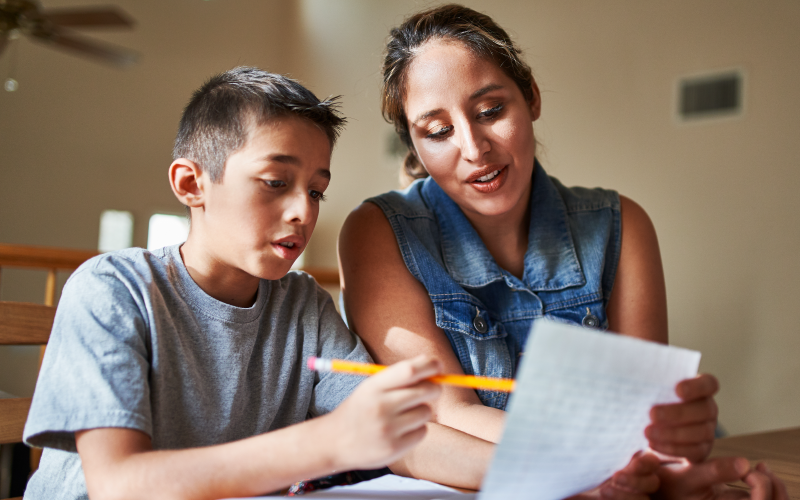
There are many ways that parents and families can get involved in their child’s social, emotional, and academic growth. Of course, this involvement is going to look different for every family and is influenced by many different social and cultural factors. Parents may find it challenging to understand what role they can play in enhancing their child’s learning, but oftentimes families will find ways of getting involved (or are already doing so) that work for them. In fact, many families may be surprised to discover that they are already engaging in SEL with their children without even realizing it! In discovering what social and emotional learning looks like in the home, they can pinpoint the ways that they are already engaging in these practices and continue to build on them with even more intention.
Why Parental Engagement Matters
Parental involvement can lead to many potential benefits that impact the success of a child’s education and extend into their lives for years to come. When parents express interest in a student’s academic endeavors and personal aspirations, it can heighten the child’s intrinsic motivation and encourage them to work hard in school and life (Roy & Giraldo-García, 2018). Research also shows that involvement leads to positive outcomes for the student regardless of a family’s race, ethnicity, class, or education (Henderson & Mapp, 2002). This same study found that children who come from more involved families also experience:
- Higher test scores and grades
- Higher rates of attendance
- Stronger social skills
- Greater adaptability to school settings and classroom environments

Additionally, family involvement in their child’s academic success in the home is the most accurate predictor of student achievement (National PTA, 200), which is why it is important for all parents to understand the pivotal role that they play in encouraging and fostering their child’s SEL and academic success.
How Parents Can Get Involved in Their Child’s Social-Emotional Learning
Every family has their own routines and schedules that factor into how much time they have available to engage with their child's development. There are many flexible options for families to explore and insert into the routines that they already have in place. Educators can share the following list of ideas with parents and encourage them to consider how these practices may already be present in their daily lives.

- Build skills as a family.Social and emotional skills aren’t just developed in the classroom—there are lots of fun ways to engage in social-emotional learning as a family. For example, parents can consider what it would be like for their child to practice asking for help at the market. First, the child should choose a recipe that interests them or that has cultural significance to their family. Then, the family can take a trip to the grocery store together to find the ingredients. Parents can encourage their child to practice asking a grocery store employee for help when they are unsure where to find an ingredient that they need, and parents can role-play this scenario with them before getting to the store to build confidence. Afterward, families can work together to make and enjoy the recipe.
Families can reflect on this experience together, asking their child what they learned from this adventure, what they enjoyed about it, and how they felt throughout.
- Encourage nighttime reflections. Taking the time to think back on the day, even for five minutes, can make a powerful impact on students’ and adults' social-emotional learning. Families can bring the day to a close with read-alouds together or conversations that reflect on students’ thoughts, questions, or feelings about what happened throughout the day. Some guiding questions to ask include:
- How are your school assignments going?
- What is your favorite thing about school? Least favorite?
- What are you learning in school right now?
- Start a family book club. Families can read and reflect on a book or listen to audiobooks, podcasts, or mindful meditations together. When choosing materials, remind parents that it doesn’t have to be academic! The family can always choose subjects that are relevant to their background, culture, or shared interests. Read or listen to the content together or independently, and choose a time to come together and reflect. There are no rules other than coming together as a family.
Families should remember that these opportunities do not have to take place at set times, but rather, are flexible and can be implemented as opportunities arise. There is no one way to model skill development, and it is going to look different for every parent and family member. The important thing is to show up, be present, and encourage each child to engage in learning valuable social, emotional, and academic skills that they will use throughout their lives.
References
Henderson, A. T., & K. L. Mapp. (2002). A new wave of evidence: The impact of school, family, and community connections on student achievement. The National Center for Family and Community Connections with Schools, Southwest Educational Development Laboratory. https://sedl.org/connections/resources/evidence.pdf
The National PTA. (2000). Building successful partnerships: A guide for developing parent and family involvement programs. National Education Service.
Roy, M., & Giraldo-García, R. (2018). The role of parental involvement and social/ emotional skills in academic achievement: Global perspectives. School Community Journal, 28(2), 29–46.


